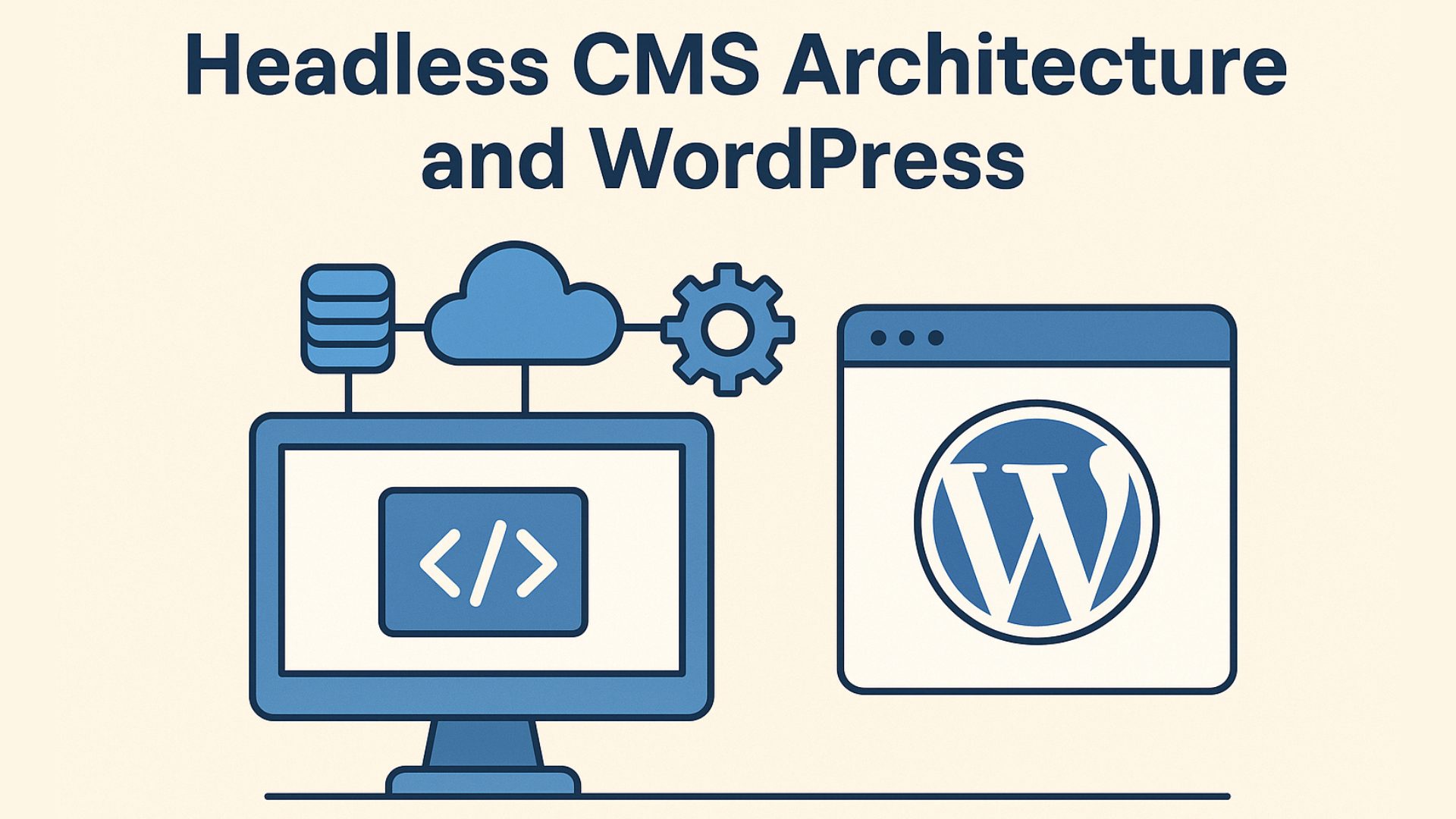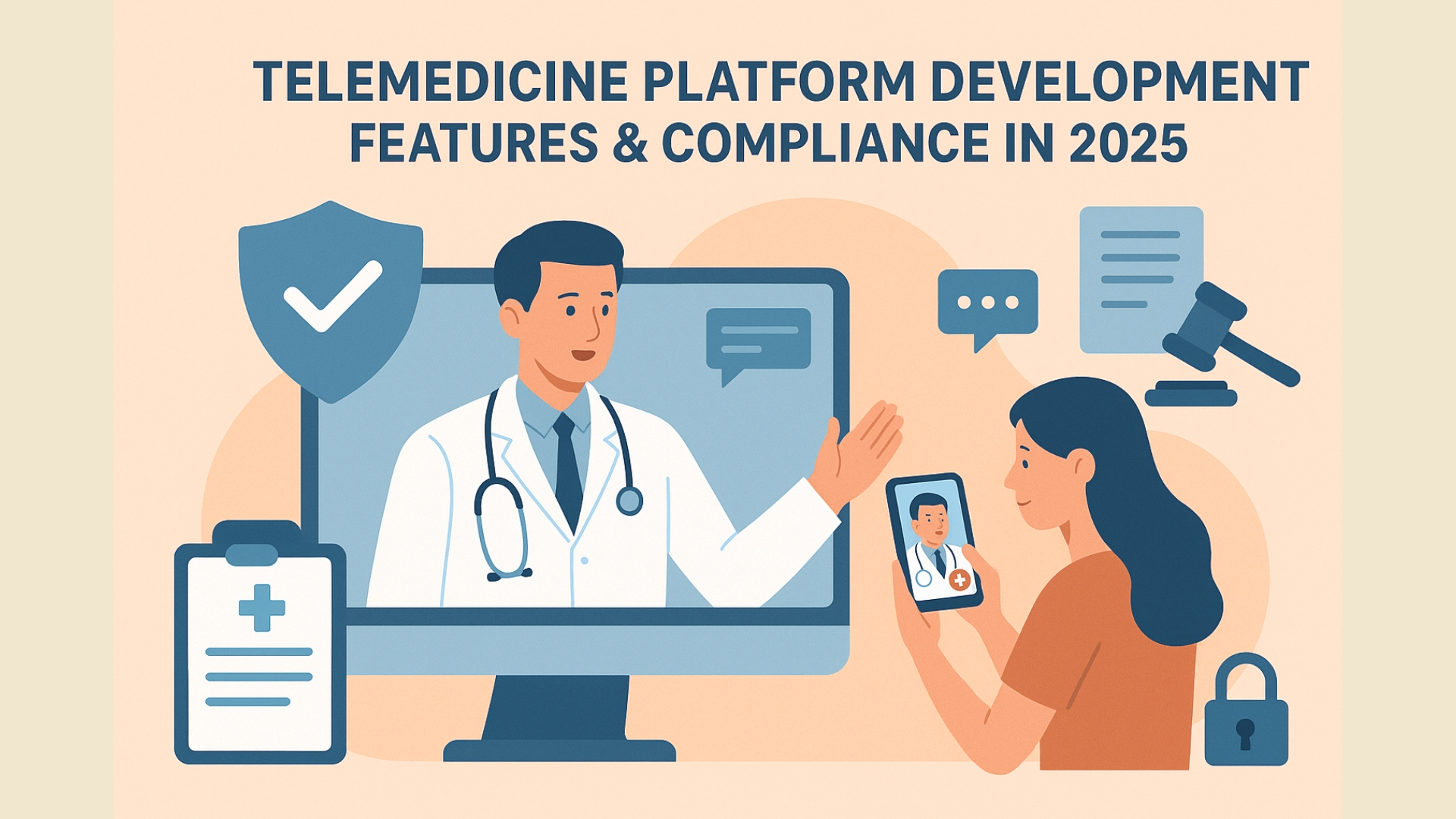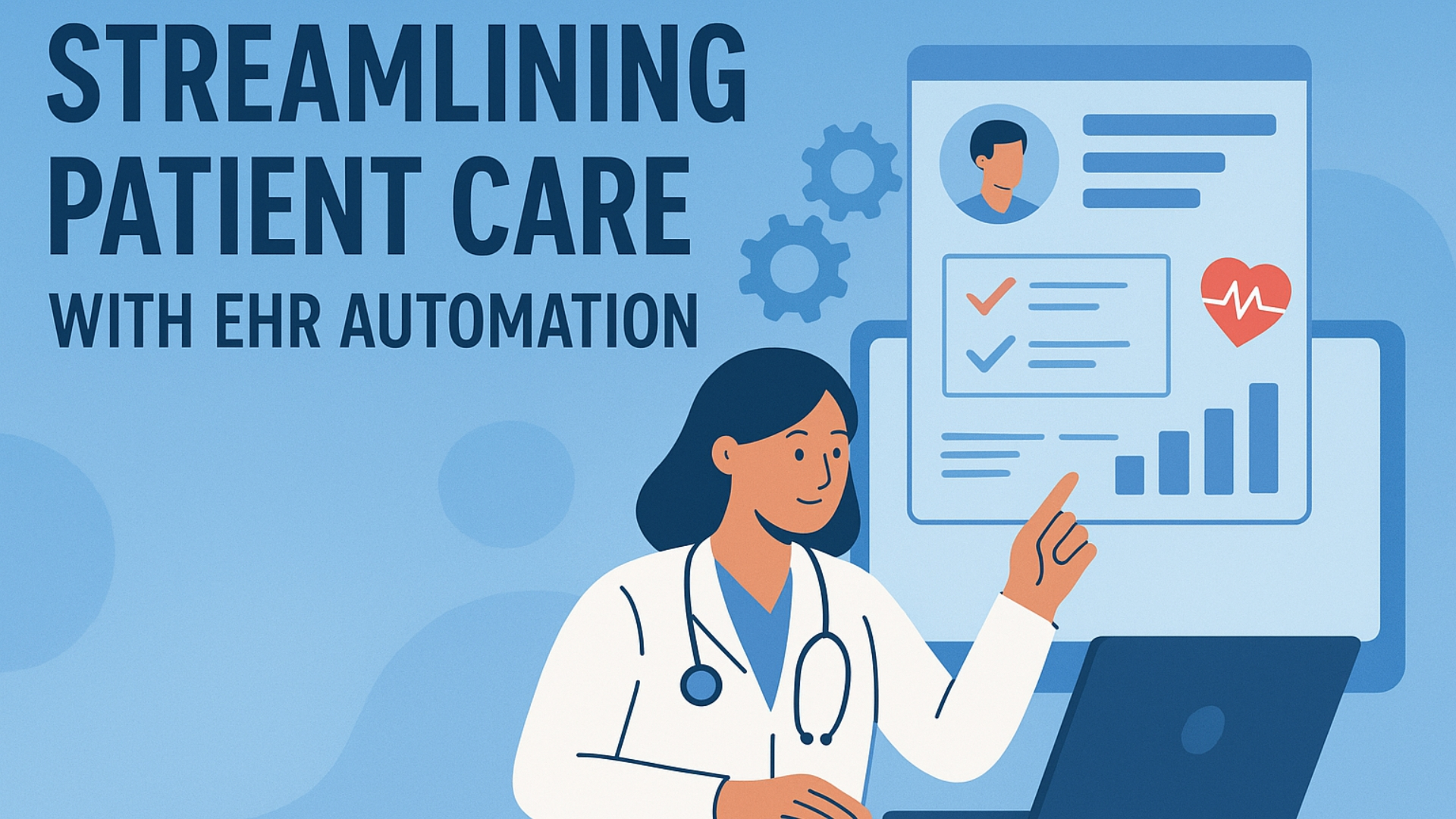The dependence on mobile app development and applications is now pervasive, influencing every aspect of our lives, from entertainment and news to routine organization tasks. For businesses, the demand for mobile apps means a need to deliver high-quality applications that keep users engaged. However, developing an app is merely the first step. The real challenge lies in ensuring its optimal performance and relevance through effective application maintenance services.

Understanding Mobile App Maintenance
Mobile app maintenance involves monitoring, updating, and improving a mobile application after its launch.
Not solely about rectifying glitches—it’s about guaranteeing the app’s compatibility with new OS, responding to user suggestions, and integrating new attributes to boost user interaction. Continuous app maintenance guarantees the application stays safe, relevant, and aligned with industry trends.

Types of Mobile App Maintenance
- Corrective Maintenance: Focuses on identifying and fixing defects or errors in the app to ensure it functions as intended and keeps users satisfied.
- Adaptive Maintenance: This involves updating the app to keep it compatible with new devices, operating systems, or software environments.
- Perfective Maintenance: Enhances and refines the app by incorporating user feedback and improving user satisfaction.
- Preventive Maintenance: A proactive approach to prevent potential future issues by improving before problems arise.
- Emergency Maintenance: Addresses urgent issues that need immediate attention to minimize app downtime and restore its functionality quickly.
The Lifespan of a Mobile App
The voyage of a mobile application doesn’t terminate post its release. Keeping it relevant requires continuous updates and enhancements. Regularly adding new features, optimizing performance, and ensuring security updates are essential for maintaining a competitive edge in the ever-evolving tech landscape. Unlike physical products, apps evolve with operating environments, Requiring ongoing adaptation.
Why Mobile App Maintenance is Important
As smartphone usage grows, so does the necessity for reliable, up-to-date applications. Here’s why mobile app maintenance is crucial for business success:
User Experience and Satisfaction
Users expect seamless experiences. Meeting these expectations involves continuous updates, performance improvements, and integrating user feedback. Failing to maintain your app can lead to negative reviews and loss of user base.
Ease of Operation with New Operating Systems
New operating systems introduce changes that can affect your app’s functionality. Maintenance ensures that your app is compatible with the latest technologies, reducing the incidence of crashes or glitches.
Keeping Your App Fast and Smooth
Nobody likes a slow application. Regular performance optimization keeps your app responsive and prevents users from seeking alternatives.
Avoiding App Downtime
Unplanned downtimes can be costly, resulting in frustrated users and lost revenue. Regular maintenance ensures your app remains functional and reliable.
Boosting App Store Rankings
Frequent updates signal app stores that your application is well-maintained and current, potentially improving its visibility and ranking.
Bug Fixes
All apps have bugs, but swift resolution through updates preserves functionality and upholds your brand’s reputation.
Security Improvements
The digital landscape is fraught with security threats. Regular updates protect your app from weaknesses and assure users of its safety.
Staying Relevant
The tech world evolves rapidly, and so must your app. Regular updates keep your app aligned with new trends and ensure it remains relevant to users.
Staying Ahead of Competition
With countless apps available, staying competitive means continuously enhancing your app with new features to retain and attract users.
Reduced Negative Feedback
Addressing user concerns and fixing bugs promptly reduces the potential for negative feedback and promotes user loyalty.
How Often Should You Update Your App?
Regular updates are crucial to retaining user interest and ensuring the app’s performance. Here’s a strategy for maintaining your app:
- Regular Updates: Implement schedules for periodic updates to introduce new features and enhancements.
- Bug Fixes and New Features: Address user-reported issues swiftly and add creative features to enhance usability.
- As Needed: While routine updates are essential, additional updates should be released in response to significant changes or urgent issues.
Consistency is beneficial. Popular apps update every 2 to 3 weeks to keep users engaged and ensure compatibility with evolving market trends.
How Much Does App Maintenance Cost?
The app maintenance cost is about 15-20% of the app’s original development budget per year. Initial monthly expenses range from $2,000 to $2,500. If your app supports multiple platforms like iOS and Android, maintenance costs could be slightly higher but are a worthy investment in ensuring the app’s sustained success.
Over time, maintenance expenses generally lessen, making it imperative to wisely select app development partners to optimize returns on investment.
Conclusion
Mobile application maintenance is not an option; it is necessary to drive business success in today’s digital age. Regular updates, user feedback integration, and constant optimization enhance app functionality and security and improve user engagement and satisfaction. Investing in effective maintenance strategies ensures your app remains competitive, relevant, and capable of delivering the best user experience.







